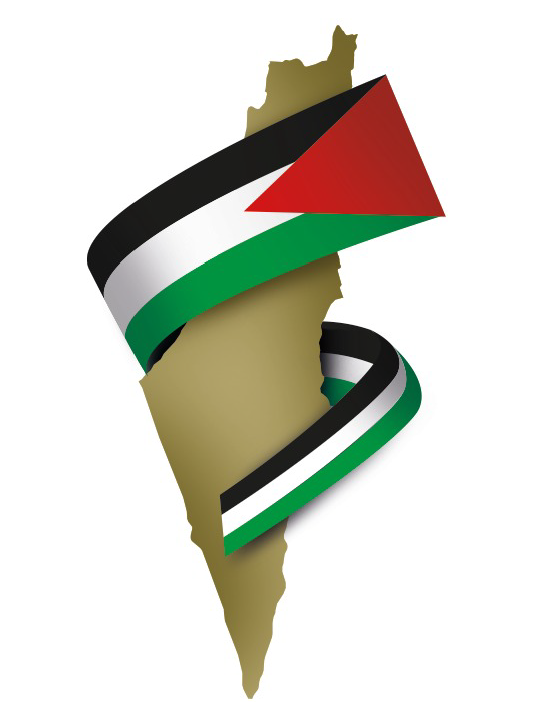Mohammed Khatib, a member of the General Preparatory Committee for the Alternative Palestinian Path Conference (Masar Badil), said that “the meaning of loyalty to the martyrs is to follow in their path of struggle, of continuous revolutionary work to achieve the goals and aspirations for which they died.”
Khatib said that the memory of the Palestinian writer, leader and martyr, Ghassan Kanafani, assassinated by the Israeli intelligence agencies on 8 July 1972 in Beirut, must be a “revolutionary milestone to renew our thought and our commitment to restore the path of liberation and return for the Palestinian cause. We must adhere to the Palestinian, Arab and international values and principles that Ghassan Kanafani enshrined in his positions, political work and writings, as confirmed by his revolutionary actions during his life and his commitment to a great cause, a noble idea in which he believed and fought until his last breath.”
He also noted that “the memory of Kanafani and all of our national symbols, among the martyrs of Palestine, must also inspire us to self-criticism and accountability, in order so as not to deal with these anniversaries as passing seasonal occasions. We must take real lessons from the life and struggle of Ghassan Kanafani and commit ourselves to the path laid out by him and his comrades. What concerns us is the thought, analysis and action of Ghassan Kanafani, and not only his image.”
Kanafani “was a model of the revolutionary intellectual. He was a writer, novelist, journalist, critic and artist, and he is also a political leader who devoted his life to revolutionary action. He presented a Palestinian, Arab and international model of the role of the revolutionary intellectual in his daily adherence to the cause of the Palestinian popular masses, defending their achievements and upholding their rights,” said Khatib.
“What if today Ghassan Kanafani was to return, with the martyrs Kamal Nasser, Hanna Mikhail (Abu Omar), Majed Abu Sharar, Naji al-Ali, and the hundreds of martyred revolutionary intellectuals, to ask us about the fate of their goals and work, and the reality of the institutions that they established to pursue liberation and return? Where has the Palestine Liberation Organization and the Palestinian revolution arrived today, and what must be done now? This is the fundamental question that we must ask today and not avoid,” he noted.
“It is not a coincidence that we launched our call for an alternative revolutionary path for Palestine with the words of Ghassan Kanafani, saying that we must change those who have failed to defend the cause, not the cause itself or the goals of the struggle,” Khatib concluded.

